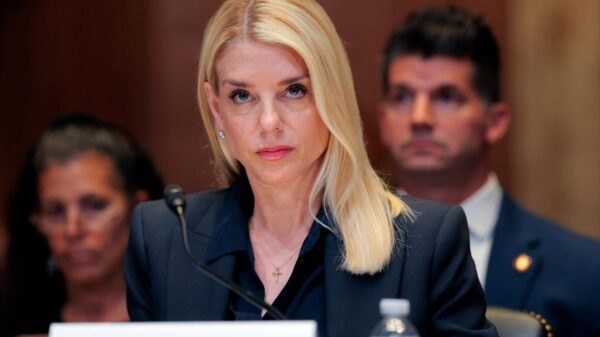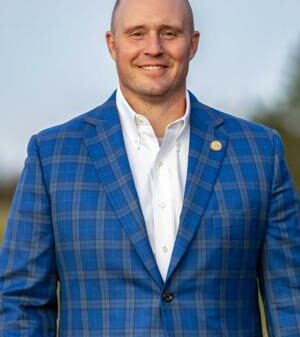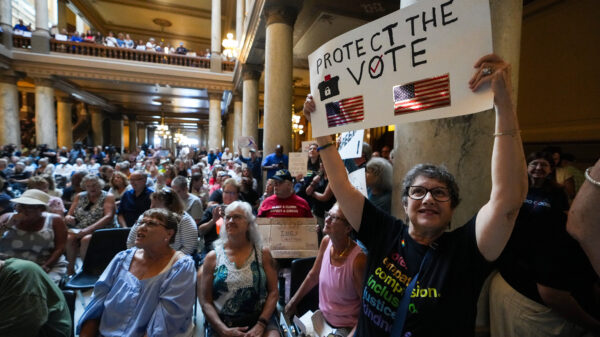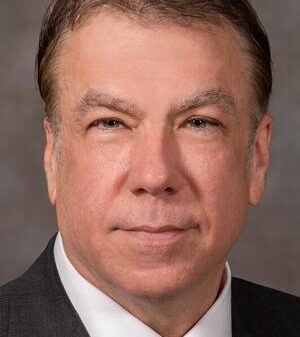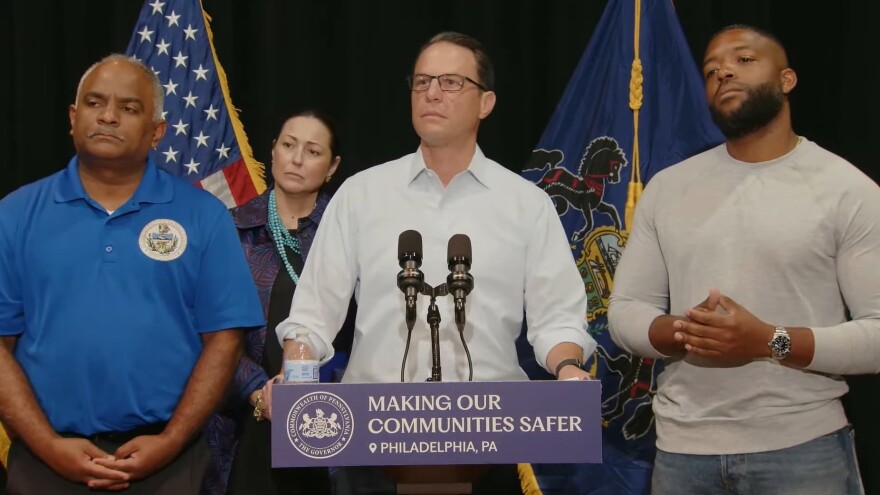Pennsylvania Governor Josh Shapiro has joined a lawsuit aimed at restoring federal funding to Planned Parenthood health centers across the state. This legal action, initiated on July 29, 2023, includes participation from 21 states and the District of Columbia. The lawsuit challenges a provision in the recent domestic spending bill passed by Congress at the request of former President Donald Trump, which restricts states’ access to federal Medicaid funds.
The plaintiffs contend that the new restrictions would prevent Planned Parenthood health centers from receiving future Medicaid reimbursements. In 2023, these centers received a total of $800,000 from Medicaid, which they now face losing as a consequence of their advocacy for reproductive health services. The lawsuit, comprising 83 pages, argues that the provision was deliberately crafted to penalize Planned Parenthood for its support of abortion access, stating, “This will prevent … health centers from providing health care to millions of Americans who rely on Medicaid for their essential health care needs.”
In a statement released shortly after the spending bill was signed on July 4, Signe Espinoza, executive director of Planned Parenthood Pennsylvania Advocates, emphasized the potential impact of withheld federal funding. She warned that it could disproportionately affect low-income individuals, communities of color, and those already facing barriers to healthcare access. Espinoza estimates that over 20,000 Pennsylvanians could lose access to vital services provided by Planned Parenthood health centers.
Planned Parenthood offers a range of healthcare services beyond abortion, including annual wellness exams, cancer screenings, sexually transmitted infection testing, and birth control prescriptions. Darah Boucher, co-interim president and CEO of Planned Parenthood of Western Pennsylvania, highlighted the particular vulnerability of rural communities like Johnstown, where the organization is the only clinic in Cambria County providing services under the Title X program. Boucher noted that many residents already travel significant distances for regular healthcare services.
This lawsuit follows a recent federal court ruling that determined the Trump administration could not block Medicaid payments to health centers, including nearly 600 locations operated by Planned Parenthood nationwide. Speaking to reporters in Philadelphia, Shapiro stated he has filed eight lawsuits seeking to recover nearly $3 billion in federal funds for Pennsylvania. He expressed a commitment to defending the rights of Pennsylvanians, saying, “If anyone is gonna mess with a Pennsylvanian — including the president of the United States — they’re gonna have to go through me.”
Additionally, the Shapiro administration announced its involvement in another lawsuit against the Trump administration, alleging unlawful intimidation of healthcare providers into ceasing gender-affirming care for transgender youth. State Representative Dan Frankel of Squirrel Hill, who chairs the House Health Committee, described the effort to defund reproductive health centers as an extension of broader federal Medicaid rollbacks. He warned that the domestic spending bill could create a crisis for those lacking employer-sponsored health plans and jeopardize the viability of clinics like Planned Parenthood.
Shapiro is the only governor among the plaintiffs suing Robert F. Kennedy Jr., the U.S. Secretary of Health and Human Services, and Dr. Mehmet Oz, the administrator of the Centers for Medicare and Medicaid Services. This unique position arises because Pennsylvania’s Attorney General Dave Sunday has stepped aside to allow Shapiro to join the lawsuits concerning federal funding. Kennedy has faced criticism for his vaccine skepticism, while Oz has been scrutinized for his role in an agency expected to implement significant budget cuts in the coming years.
As this lawsuit unfolds, the ramifications for Planned Parenthood and the broader healthcare landscape in Pennsylvania could be substantial, affecting access to essential services for thousands of individuals in the state.







